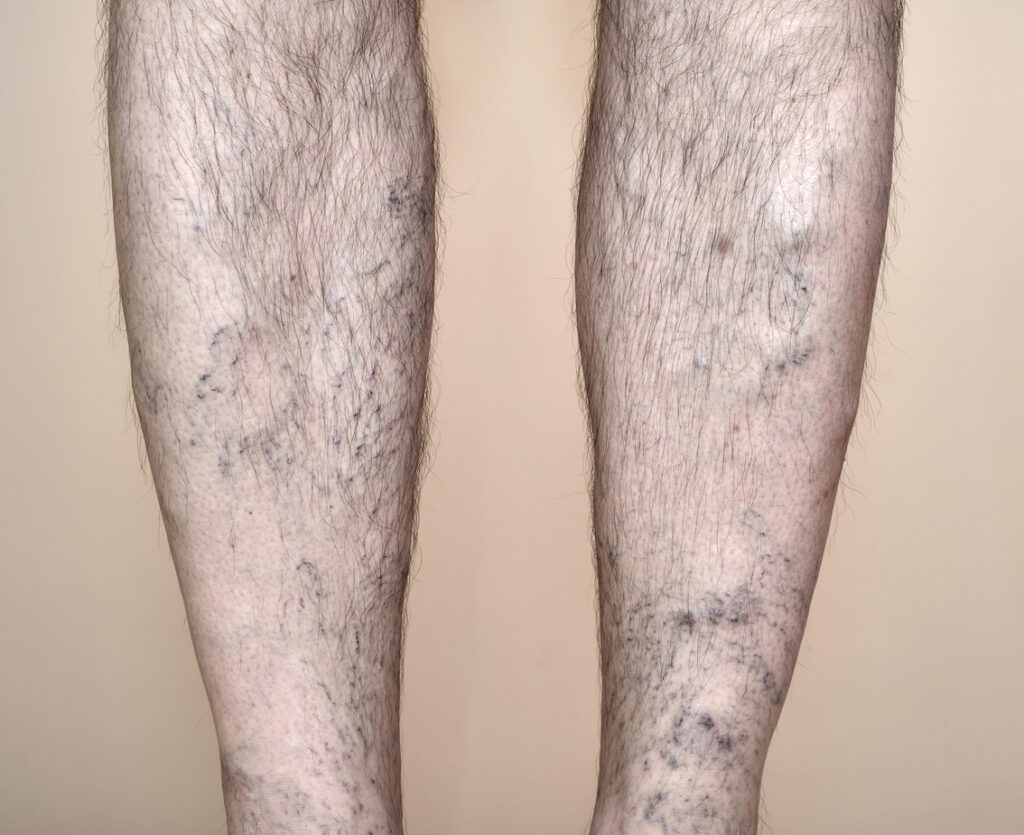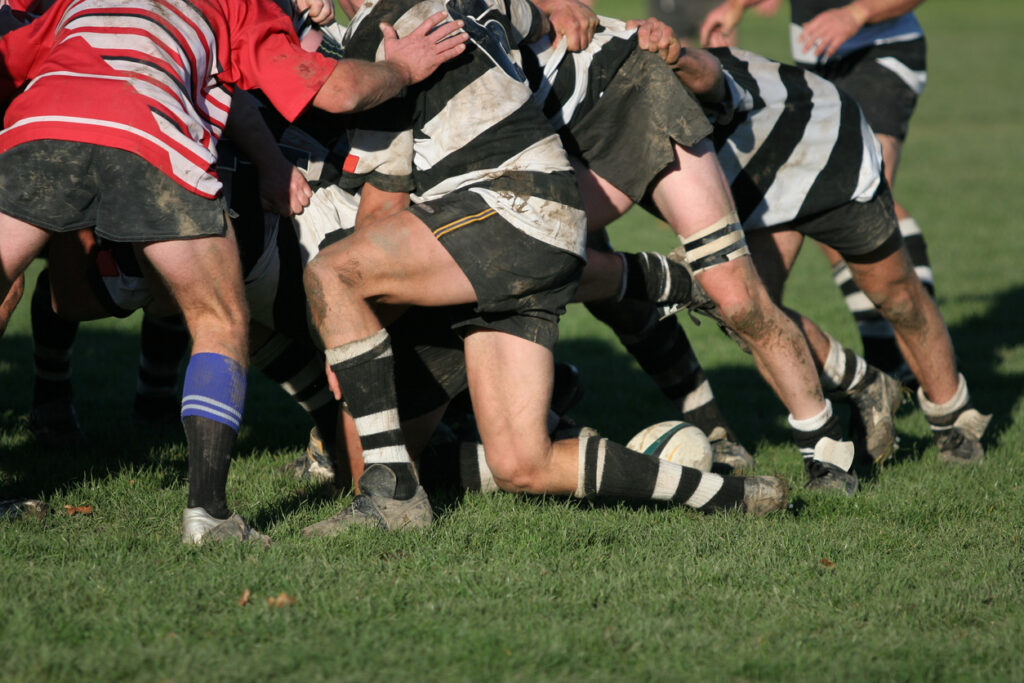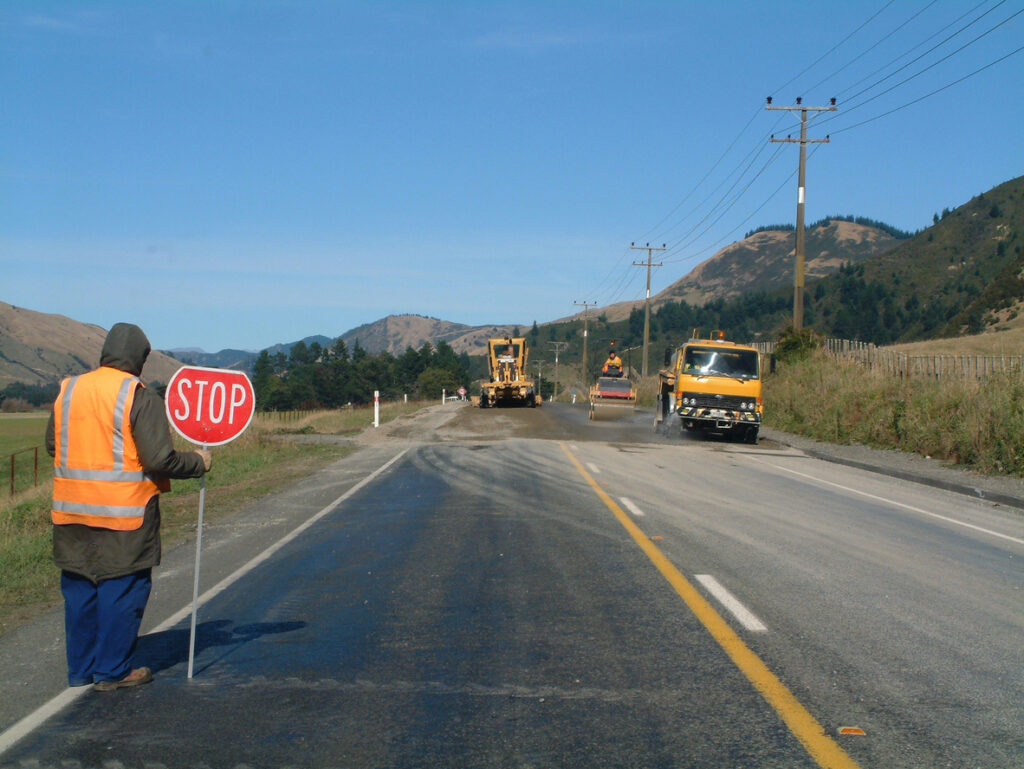Women are generally more likely to notice and complain of varicose veins but varicose veins occur fairly evenly between the sexes. In women and men with varicose veins, there is often a genetic family history. Lifestyle factors, such as prolonged standing or lack of physical activity, can make the symptoms of varicose veins worse and contribute to vein issues.
At Simply Veins we treat pretty much the same number of men as we do women.
We find that varicose veins are mostly hereditary. So if one or more parents has varicose veins, then their children are more likely to develop them too.
How do you know if you have varicose veins?
Mostly you will see them as:
- Twisted or bulging veins: the veins appear enlarged and raised above the skin, creating a bulging or rope-like effect. There may be lumps present too.
- Dark blue or purple in colour: the affected veins are typically dark blue or purple, making them stand out against the skin.
- Swollen, puffy legs: there may be noticeable swelling around the affected veins, particularly in the lower legs and ankles. Especially after long periods of standing and working in physical jobs.
- Pain and discomfort: some men may experience pain, throbbing or a heavy feeling in the legs. Particularly after prolonged standing or sitting.
- Itching or burning: the skin around the varicose veins may be itchy or have a burning sensation.

Can men with varicose veins play sport?
Exercise is beneficial to keep blood flowing and for overall health. Men with varicose veins can play sport but when playing contact sport, like rugby, need to make sure the veins don’t get cut or bleed. Bandages or compression stockings will provide some protection from tackles. Even if yours is essentially a non-contact sport, like running or cycling, often contact occurs so it is important for men with varicose veins to protect their legs. Talk to our specialist nurse for advice on what you can do to help prevent injury to varicose veins.

Can men with varicose veins do a physical job?
It depends on you and how painful your varicose veins become. Some varicose veins can be managed by incorporating more movement, stretching throughout the day, wearing compression socks and elevating legs at night. Wearing compression socks helps improve circulation. Some men with varicose veins may not want to wear compressions socks if they wear shorts to work in.
Physical jobs where you are on your feet all day with extended periods of standing in one place, may cause your legs to swell and ache when you finish. Other physical jobs, like in construction, where you are walking around, help improve circulation and mean your varicose veins may be less troubling.

If you have many of the symptoms above you may find it challenging to cope with the demands of a physical job. Your tired, aching legs may also mean you are less mobile and less agile, less productive and, possibly, depending on the job, at risk of injury.
Overall health and fitness levels play a significant role in whether you can keep up your physical job. Maintaining a healthy weight is important for men with varicose veins, regardless of their job.
Complete our online consultation
Complete our online consultation and our specialist veins nurse will be in touch. By sending us photos we can help determine next steps and discuss treatment options with you. The procedures we use are non-invasive and we’ll have you back on your feet working in about a week.
Get in touch sooner, if you have any of the following:
- Severe pain or swelling in the legs
- Skin discolouration or ulcers
- Bleeding from varicose veins
- Signs of deep vein thrombosis (DVT) such as sudden swelling or pain, a noticeable lump or a family history of deep vein thrombosis.


